The name cappellaccio comes from the shape of the hat of local peasants, in fact in Ferrara’s dialect cappellaccio pasta is actually called “caplàz”
In the heart of the Ferrara’s old center, Renaissance city recognized by UNESCO as a World Heritage Site, there is a small workshop of fresh pasta, where the family tradition has now become a very satisfying job, thanks to tourists who are curious about the Italian culinary traditions.
Today we publish the third episode of HandMadeER, the video-series dedicated to crafts and handmade products of Emilia-Romagna, bringing you in Ferrara to discover the work of Emanuela, an artisan with a pasta making passion.
A profession that was disappearing but fortunately recovered in recent years, that represents a true cultural heritage.
Today we discover all the secrets of Pumpkin’s pasta, a dish created for the House of Este that today has become a PGI product.
How did you learn to make pasta?
I have to say that among the fondest memories of my childhood there are my parents making cappelletti pasta on Sundays. This pasta thing is very typical of my family; among the little works in which I was involved as a child, my father used to roll the dough, my mother closed the cappelletti and I had to put the meat nut on the little dough square, but it was nice because it was a moment of wonderful family cohesion.
What work did you do before opening your lab?
I used to work as public servant before, then I decided to make a change; if I should go back in time I would absolutely make the same choice again.
What is the origin of the name “Cappellaccio”?
The name cappellaccio comes from the shape of the hat of local peasants, in fact in Ferrara’s dialect cappellaccio pasta is actually called “caplàz“
Who helped you at the beginning? What were the first steps that you did?
When I started this job I did something I liked very much: I went to three or four fresh pasta shops and bought their cappellacci, then at home I ate them one after the other and they were of course completely different; in some cases they become real culinary experiences, because you find differences due precisely to the fact that everyone has its own recipe.
Homemade pasta, of course, but with a special assistant…
This is our big shoulders man that works as rolling pin; now I know that some “sfogline” still roll the dough with the rolling pin but I have to confess: it is an inhuman effort! That is a part that can be made at home because there are many persons that do this at home, but it is feasible for a kilo or two of cappellacci pasta, for tens kilos of dough it is too hard…especially at Christmas!
Is there anything special that you want to tell?
These are the standard sizes of cappellaccio filled with pumpkin, and below of cappelletto.
Manuela began his career as a pasta-making, after years of working as an employee, demonstrating that the passions should always be followed, as Confucius says “Choose a job you love, and you will never have to work a day in your life.“
A truly absorbing and rewarding job where tradition and creativity come together in a perfect combination, producing every day unique products of value.
For more information please follow Emanuela on FB
The official sizes to make fresh pasta, sizes handed down by generations… Ph. Fabio Duma
A special assistant to roll the dough Ph. Fabio Duma
The right quantity of pumpkin’… Ph. Fabio Duma
Cappellacci Ph. Fabio Duma
The right way to manage a cappellaccio Ph. Fabio Duma
Ready to be cooked Ph. Fabio Duma
A smiling Emanuela inside her lab Ph. Fabio Duma
Author

Walter Manni
Explorer and Adventurer: loves sailing the oceans, climbing the highest mountains and surfing on the waves of the web
 Uncategorized
Uncategorized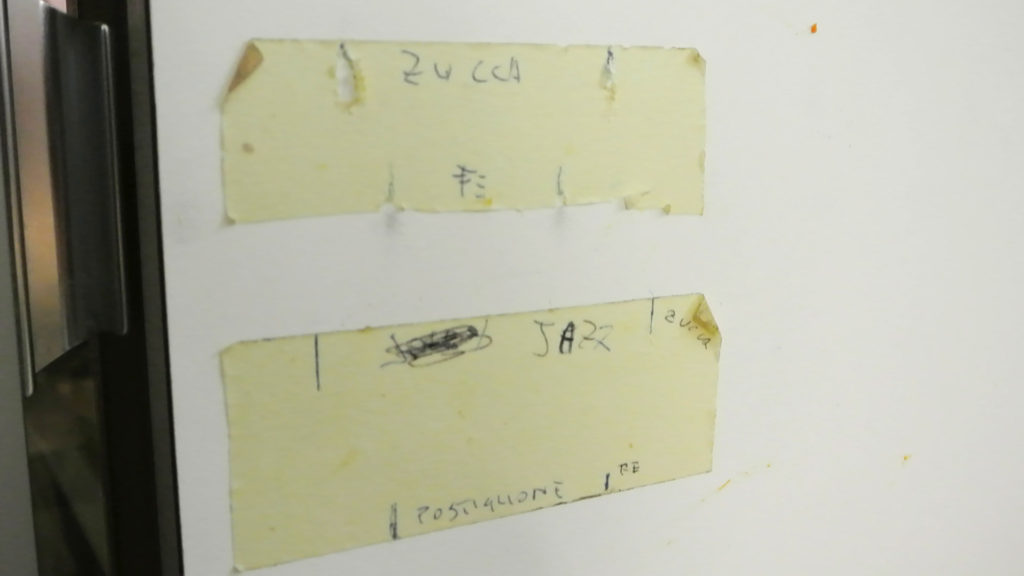
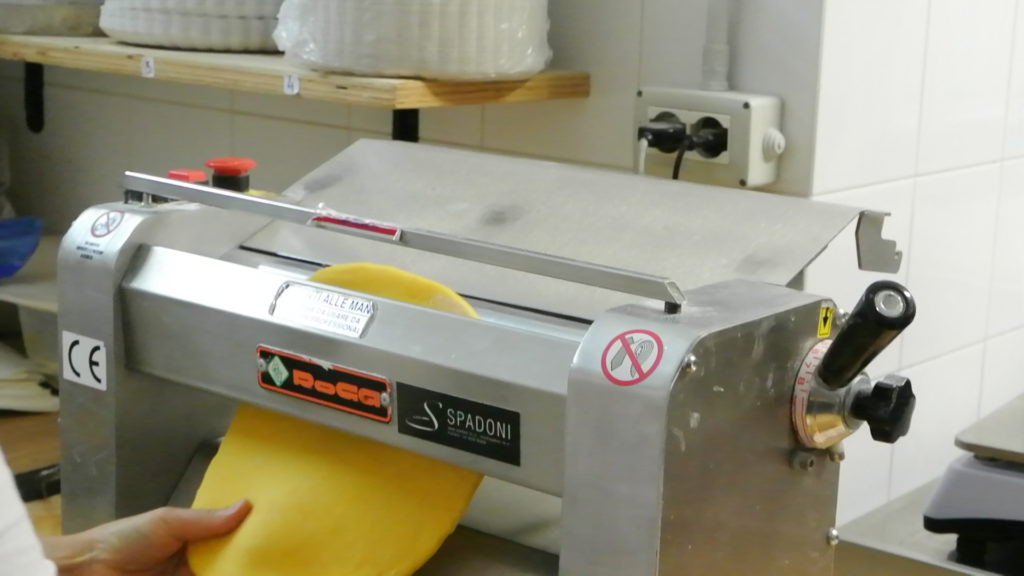
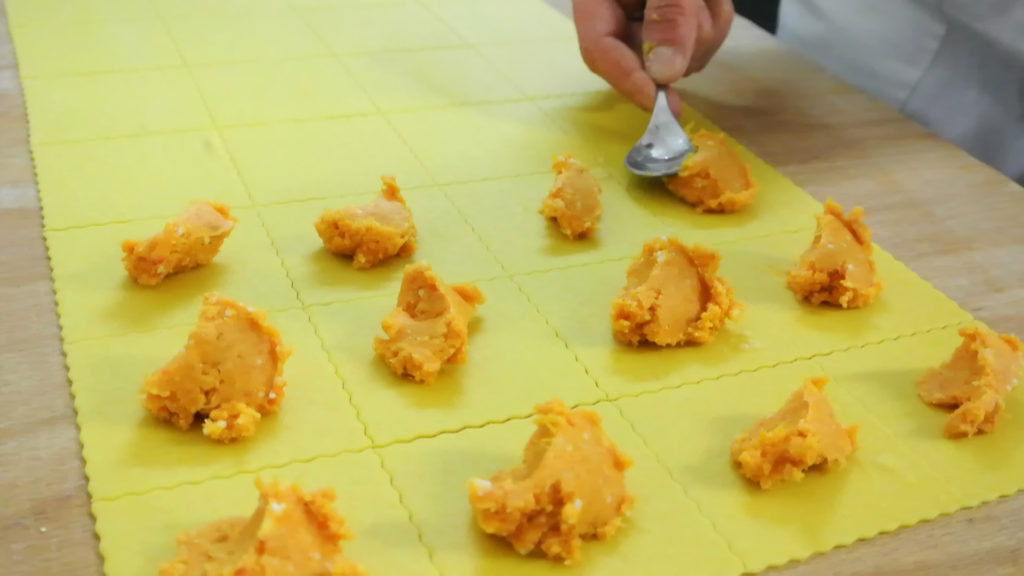
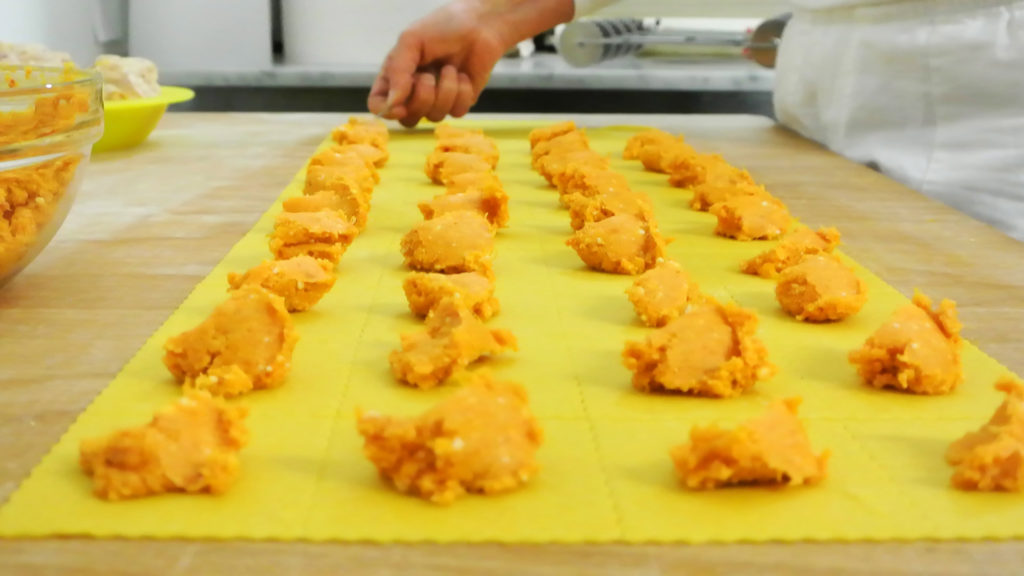
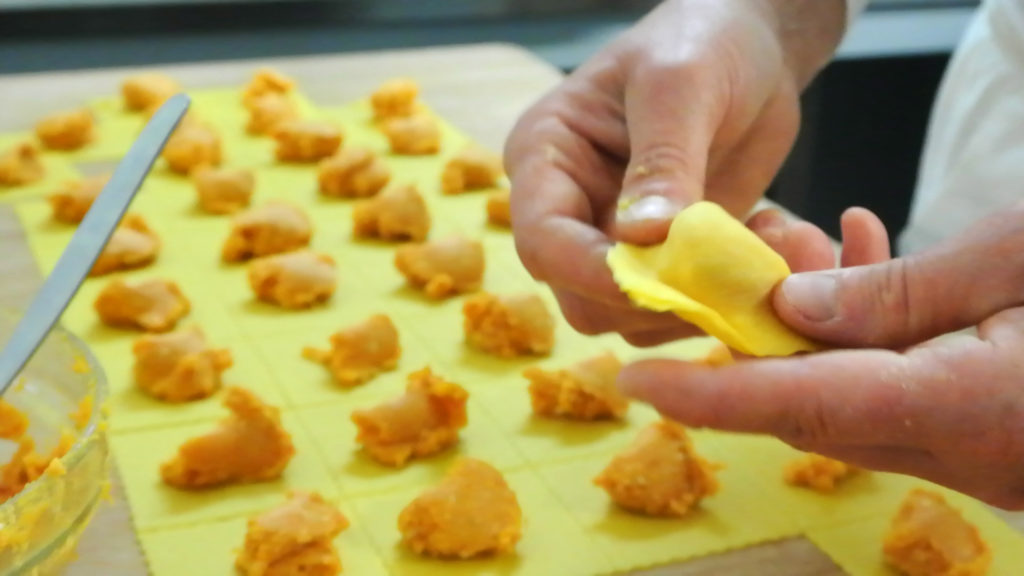
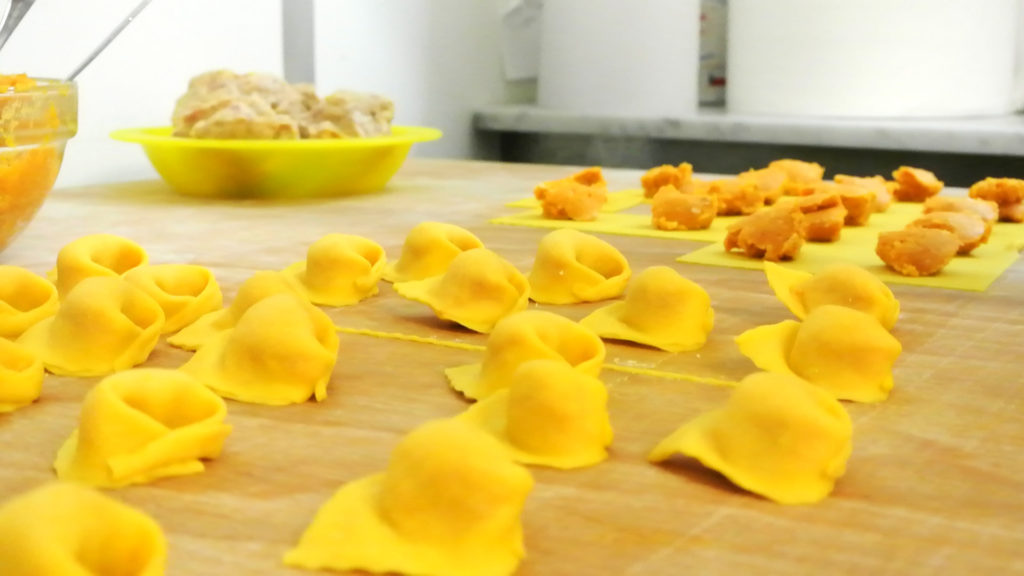
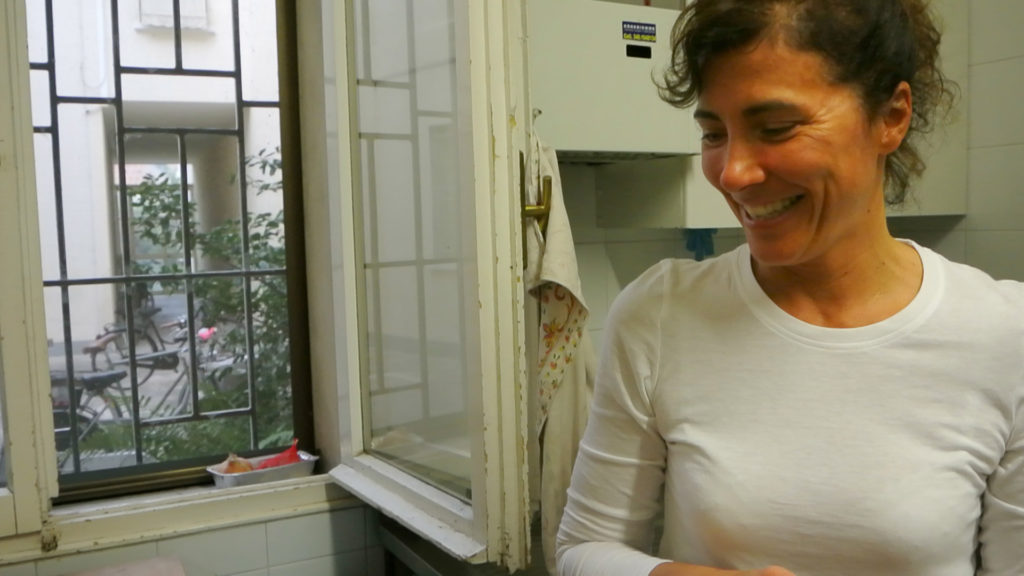
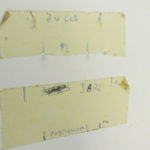
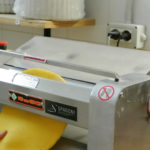
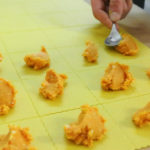
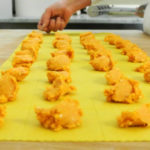
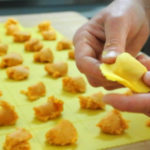
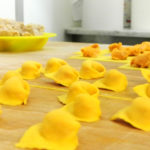
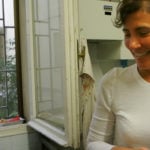
Adri
Thanks for the terrific article!
Walter Manni
Thanks for your comment Adri =)
Walter, ERT Staff